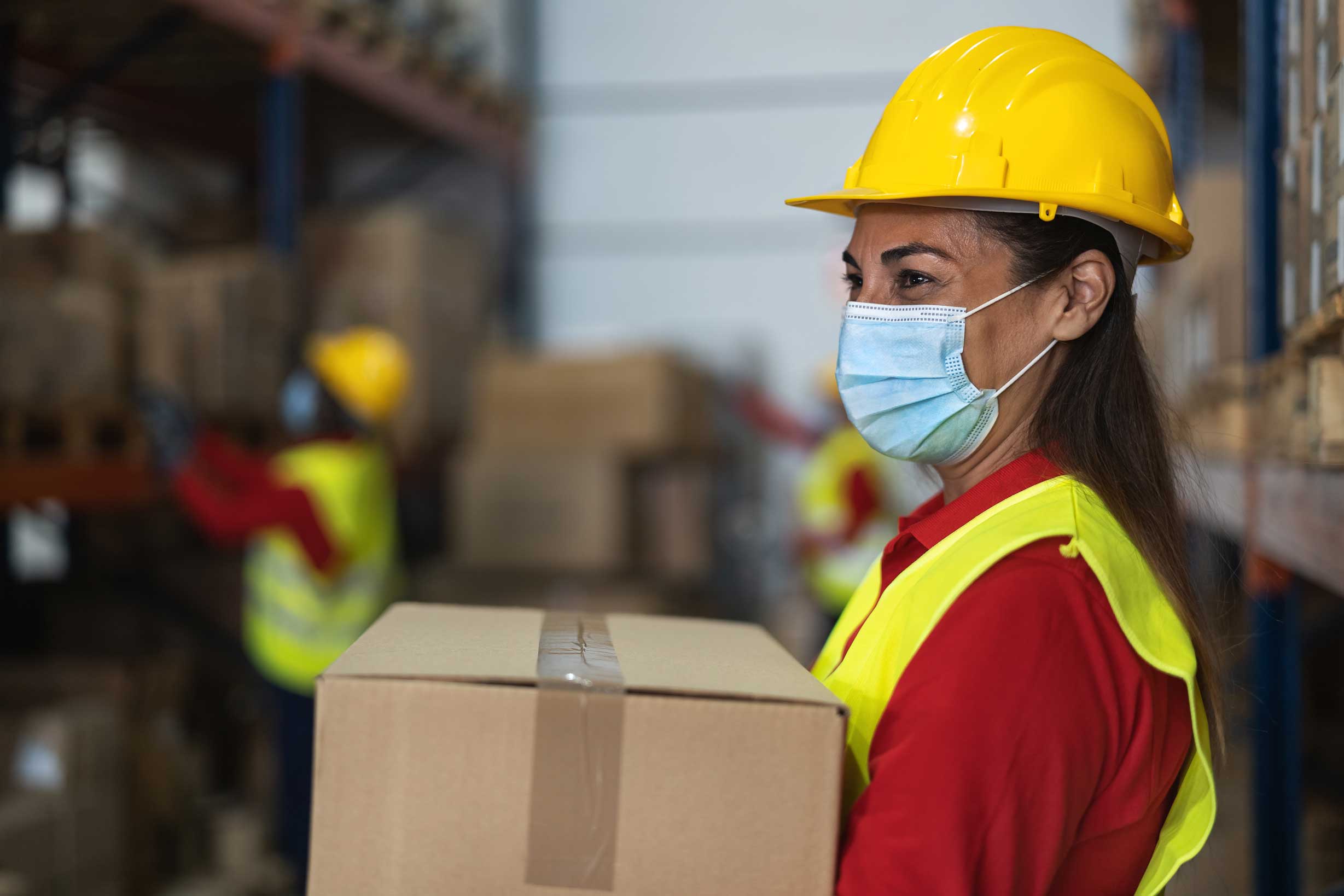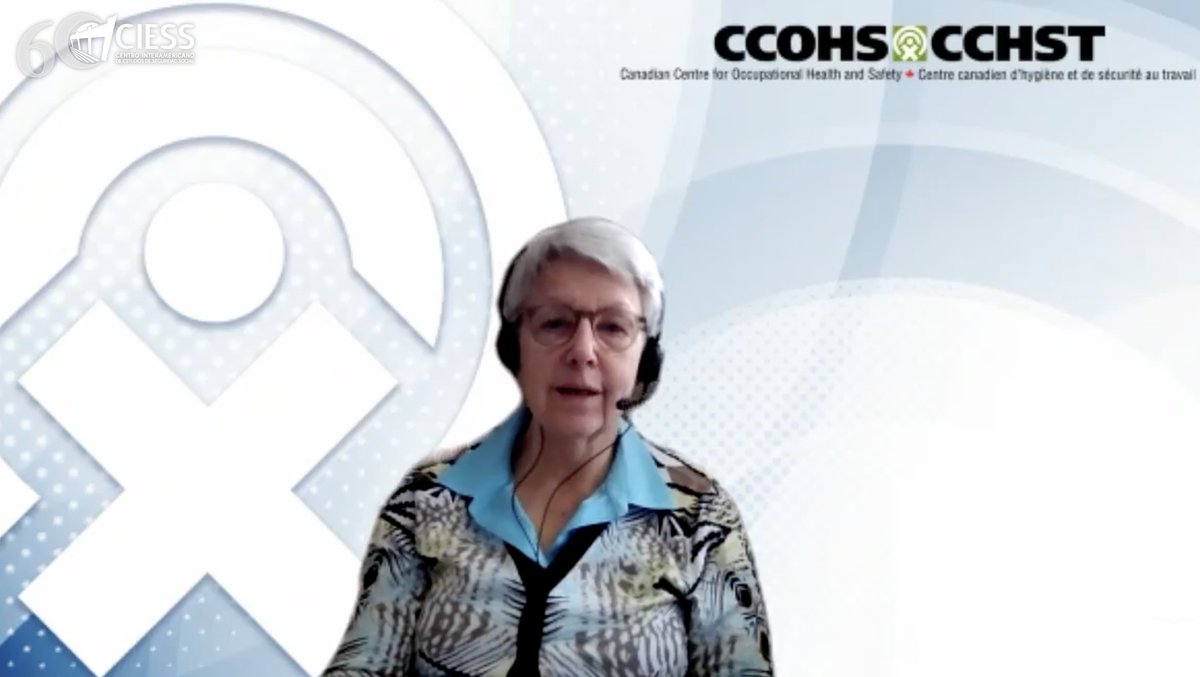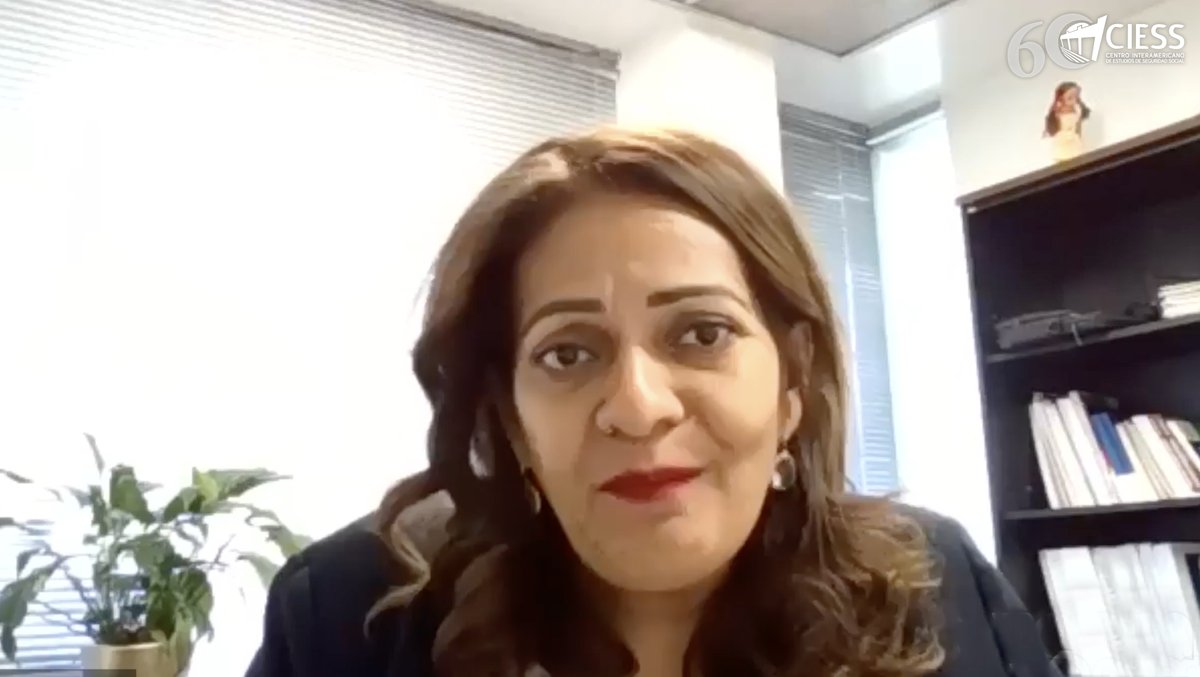
What lies ahead after COVID-19 for the occupational safety & health systems?
Background:
The COVID-19 pandemic has changed dramatically the nature of work and workers relationship with their workplace. Although the COVID-19 pandemic accelerated work evolution and conversation around working population´s health and welfare, scientific evidence on the effects of work on health precedes the pandemic. This indisputable connection among work and health greatly affected the social security systems in each country. Local systems had to deal with ravages arising from the emergency. In addition to the medical and health challenges, additional significant defiances were faced by the institutions responsible in providing social protection guarantees.
Read more
The pandemic imposed a series of additional needs to different working populations that were already living in unfavorable conditions. Harmful working conditions are no desirable for both workers and organizations. For instance, there are mental health effects triggered by the lockdown and social distancing; however, there is still no decisive evidence that long-term sequelae are associated with mental health. It is of key importance that protection and social security systems are attentive and prepared to face such consequences from a preventive approach.
Given this scenario, lessons learned from the pandemic, as well as the projectable outlook of the long term COVID-19 effects, should be learned and shared for the benefit of the institutions. Organization leaders, managers, supervisors, workers, and specialists on the matter have the same opportunity to look into the role of work in our lives, and to explore ways to thrive inside and outside the workplace.
This session promotes the exchange of experiences between specialists from different countries, in which their views on the present and future impact of COVID-19 on occupational risk systems in The Americas will be presented, especially in Canada, Colombia, Peru and Dominican Republic.
Background
The COVID-19 pandemic has changed dramatically the nature of work and workers relationship with their workplace. Although the COVID-19 pandemic accelerated work evolution and conversation around working population´s health and welfare, scientific evidence on the effects of work on health precedes the pandemic. This indisputable connection among work and health greatly affected the social security systems in each country. Local systems had to deal with ravages arising from the emergency. In addition to the medical and health challenges, additional significant defiances were faced by the institutions responsible in providing social protection guarantees.
The pandemic imposed a series of additional needs to different working populations that were already living in unfavorable conditions. Harmful working conditions are no desirable for both workers and organizations. For instance, there are mental health effects triggered by the lockdown and social distancing; however, there is still no decisive evidence that long-term sequelae are associated with mental health. It is of key importance that protection and social security systems are attentive and prepared to face such consequences from a preventive approach.
Given this scenario, lessons learned from the pandemic, as well as the projectable outlook of the long term COVID-19 effects, should be learned and shared for the benefit of the institutions. Organization leaders, managers, supervisors, workers, and specialists on the matter have the same opportunity to look into the role of work in our lives, and to explore ways to thrive inside and outside the workplace.
This session promotes the exchange of experiences between specialists from different countries, in which their views on the present and future impact of COVID-19 on occupational risk systems in The Americas will be presented, especially in Canada, Colombia, Peru and Dominican Republic.
Academic Activity
Date
Thursday
April 13th
2023
Start
11:00 am
Mexico City Time
(UTC -5)
Modality
Zoom meeting
Spanish-English
simultaneous interpretation available
Description:
The objective of the activity is to have a colloquial but specialized talk on a specific topic related to Social Security, from experts perception by sharing the experience in their countries. This CIESS effort seeks to contribute to current discussions in the Americas, with a friendly perspective, without a webinar formality.
Description:
The objective of the activity is to have a colloquial but specialized talk on a specific topic related to Social Security, from experts perception by sharing the experience in their countries. The CIESS seeks to contribute to current discussions in The Americas, with a friendly perspective, without a webinar formality.
After registering, you will receive a confirmation email with the information to join the session.
Starts at:

“The lessons of the pandemic, as well as the projective outlook for the long-term effects of COVID-19 should be salvaged and shared for the benefit of institutions.”
Activity objective:
Activity objective:
Submit and analyze COVID-19 impact on occupational risk systems in the Americas specifically in Canada, Colombia, Peru, and Dominican Republic, from specialists’ perspective.
Submit and analyze COVID-19 impact on occupational risk systems in the Americas specifically in Canada, Colombia, Peru, and Dominican Republic, from specialists’ perspective.
Schedule

HOST
Dr. Emilio Alfredo Carrasco González
CIESS Executive Director
11:00 to 11:10Welcome and objective presentation, background, and panelists.
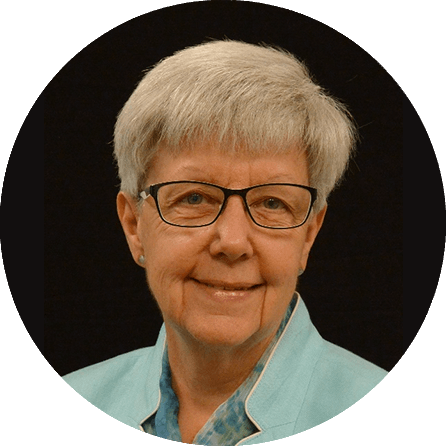 SPEAKER Nº1
SPEAKER Nº1
Anne Tennier
President and Executive Director of the Canadian Centre for Occupational Health and Safety (CCOHS) Canada
Curriculum summary
Anne Tennier fue nombrada presidenta del Centro Canadiense de Salud y Seguridad en el Trabajo (CCOHS) en 2018. Anne aporta un gran liderazgo y experiencia en gestión medioambiental y de seguridad, compromiso con la comunidad y relaciones gubernamentales. Antes de unirse al CCOHS, Anne trabajó en asuntos medioambientales en organizaciones de fabricación y transporte. También ocupa cargos en varias asociaciones profesionales y comunitarias.

11:10 to 11:35Canada Experience
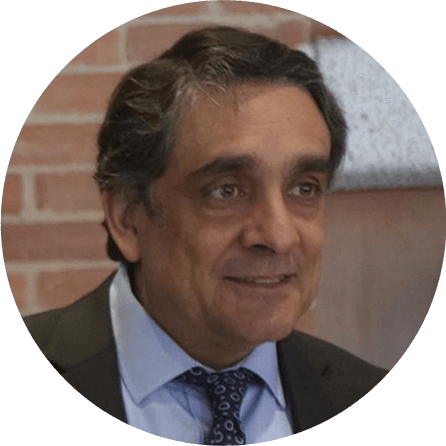
SPEAKER Nº2
John Marulanda
Expert of the Corporation for the Development of Social Security [Corporación para el Desarrollo de la Seguridad Social (CODESS)] Colombia
Curriculum summary
Education
Surgeon by the Pontifical Bolivarian University, Medellin 1986. He holds an specialization in Nuclear Medicine by the National Institute of Cancerology - Pontificia Universidad Javeriana, Bogota 1993, and a Master's Degree in Health Economics and Health Management by the University of Barcelona and Pompeu Fabra, Barcelona 1999.
Recent papers:
• Advisor at the Corporation for the Development of Social Security, CODESS. Advisor at the Tink Tank of the National University of Colombia. Observatory Consultant at Jorge Tadeo Lozano University,
• Advisor at the Ombudsman's Office in financial economic analysis in health and monitoring.
Work Experience:
• 2021 to date: CODESS Corporation for the Development of Social Security Specialized Advisor, Research, Development and Innovation (RDI) in Social Security.
• 2001 to date: Universidad Externado de Colombia. Undergraduate and Graduate Full Professor.

11:35 to 12:00Colombia Experience

SPEAKER Nº4
Gina Chávez
Lecturer at RENACYT Institute of Science and Technology Peru
Curriculum summary
Doctor in Psychology, and university lecturer for 23 years. She is a researcher enrolled in the National System of Science, Technology and Technological Innovation: RENACYT of CONCYTEC. Member of the Science and Technology Research Institute in Cesar Vallejo University. She has published scientific journals and participated as proofreader in national and international scientific journals, as well as speaker in scientific events.
She was editor of the Psychology Journal in the UCV. She was responsible for the Directorate of the School of Psychology at Cesar Vallejo Trujillo University. She has experience in research management, and research and thesis project mentoring in graduate and undergraduate levels.
Member of the Inter-American Society of Psychology and founding member of the Latin American Association for Psychology Training and Teaching (ALFEPSI). Ms. Chavez has received recognition for her teaching performance and her role as journal editor, as well as her contribution in publications by the College of Psychology in Peru, Regional VII Board of Directors - La Libertad.

12:00 to 12:25Peru Experience

SPEAKER Nº3
Karina Mena Fernández
Director of Risk Management Monitoring and Supervision of the Superintendent of Health and Labour Risks [Superintendencia de Salud y Riesgos Laborales (SISALRIL)] Dominican Republic
Curriculum summary
Economist with more than 20 years of experience in health, environmental and public management topics. In the academic area she works as professor at the UASD School of Economics. She is currently developing a PhD thesis on the evaluation of the national pharmaceutical policy and its impact on access to medications in the Dominican Republic. Current Director of Risk Management Monitoring and Supervision of the Superintendent of Health and Labour Risks [Superintendencia de Salud y Riesgos Laborales (SISALRIL)

12:25 to 12:50Dominican Republic Experience
HOST
12:50 to 13:00Q&A Session
HOST
13:00 to 13:05Closure

